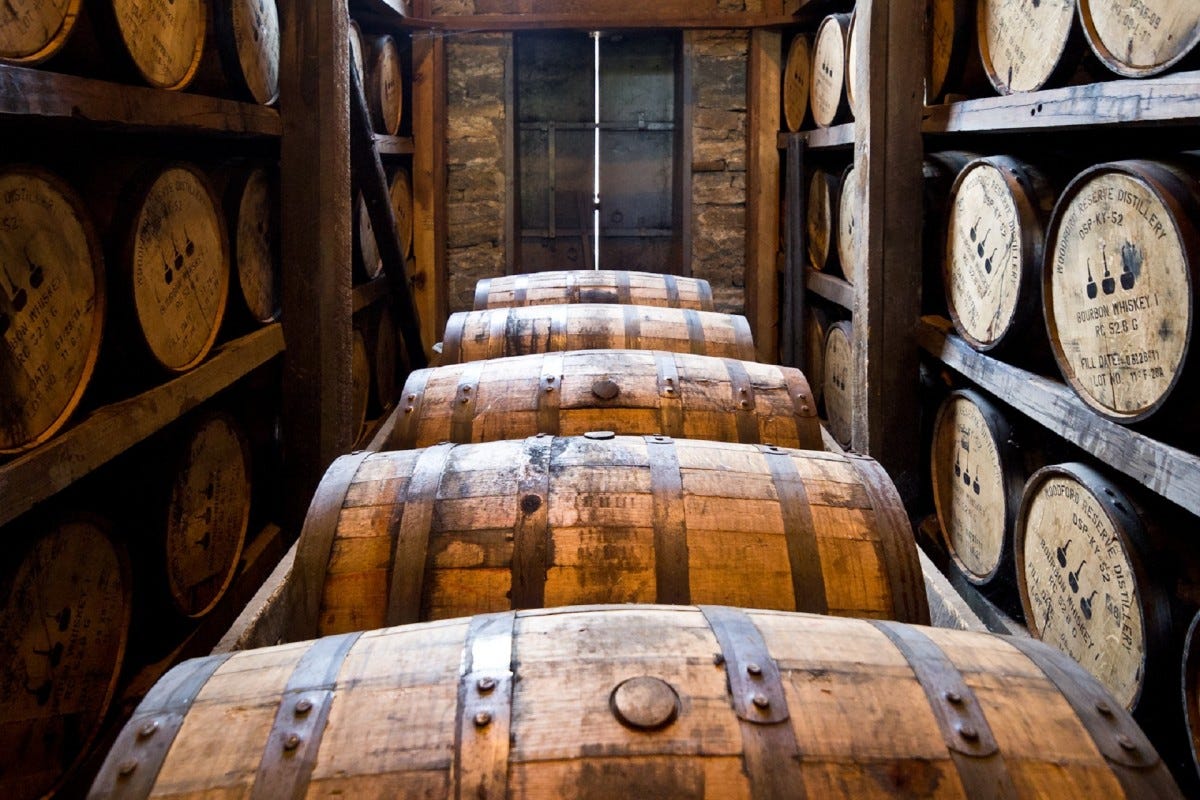How an interest in whiskey birthed a thriving media company
The Whiskey Wash capitalized on the rise of craft distilleries and is almost entirely funded through digital advertising.

Welcome! I'm Simon Owens and this is my media newsletter. You can subscribe by clicking on this handy little button:
For much of the 20th century, there wasn’t a lot of variety to be found in liquor stores. Whether you were shopping for beer or spirits, you were limited to a small number of national brands that were often owned by massive, global conglomerates that had bought up most of their competition.
But starting in the mid-2000s, we saw a veritable explosion in craft breweries and distilleries, with many operating at the local or regional level. This birthed an entire consumer base of connoisseurs, many of whom were willing to travel thousands of miles to taste their favorite barrel aged stouts or limited-batch spirits.
About a decade ago, Nino Kilgore-Marchetti found himself swept up in this movement after discovering that he had a taste for whiskey. “I just started drinking whiskey in the late 2000s and found that I have a happy palette that could discern specific flavors,” he told me. He started visiting different distilleries, spending time in tasting rooms, and picking the brains of those who worked in the industry. “I enjoyed the experience of trying different things and getting suggestions. I also started talking to folks online about whiskey.”
Because the craft industry was so nascent, there weren’t many professional news websites dedicated to covering it, meaning that Kilgore-Marchetti mostly had to rely on hobbyist websites to get information. Given that he already had a background in media and journalism, he started to think about the different kinds of content that could be created around whiskey. “I thought there were a lot of stories that could be told,” he said. “My mind just started going, and that was how Whiskey Wash was born.”
Kilgore-Marchetti launched The Whiskey Wash in 2013, and though he was its sole contributor for the first few months, he eventually took on freelancers and expanded its coverage to news, reviews, features, and recipes. Today, the site employs around 14 regular freelancers and generates a full-time living for Kilgore-Marchetti.
In a recent interview, Kilgore-Marchetti explained how he found his initial audience, how he monetizes the site, and why he hasn’t yet made any major investments in podcasts or video.
Let’s jump into my findings…
Transitioning from tech to media
Kilgore-Marchetti didn’t always consider himself to be a writer, and in fact his first few jobs were in tech. He was among the first 20 employees at Yahoo, working as one of its famed “web surfers” who were responsible for discovering websites to list within its directory. He then moved up within the company, eventually founding its customer care department.
